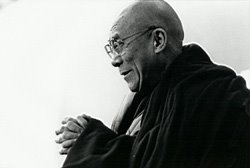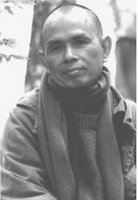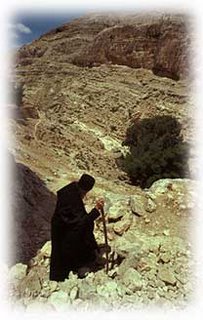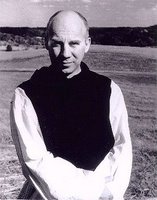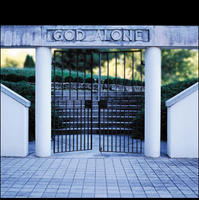 Pema Chodron: What would you say, in a nutshell, that we should do about the confusion?
Pema Chodron: What would you say, in a nutshell, that we should do about the confusion?Dzigar Kontrul: Listen to the teachings, study them, and contemplate them. Then, allow the teachings to illuminate your experience, rather than trying to bring your experience in line with the teachings. It’s important first to have the teachings illuminate your experience, so you can see what’s happening clearly before you actually try to put them into practice.
—from the Shambala Sun interview, January 2006
Here Pema Chodron is asking about the universal confusion experienced by all of us regarding our true nature. It’s the confusion that causes us to constantly feel alienated and unfulfilled. It’s our habitual pattern of judging all our experiences as good, bad, or indifferent, and the accompanying suffering that unfolds as a result.
I love Dzigar Kongtrul Rinpoche’s response. He takes it for granted that we know what the teachings on liberation say and how to access them. The power in his answer is that he warns us not to use them as a yardstick to judge ourselves, which would just be an extension of our confusion. I appreciate this, because self-judgment is a major afflictive emotion for me, and I often get frustrated with spiritual practice because I judge myself unsuccessful at living out the teachings that I know can set me free.
What I hear Rinpoche saying is that we should just look at our minds, and calmly watch the patterns of experience unfolding in our minds, and see how those experiences compare to the teachings. Do the patterns in my mind confirm what the sages of old have been saying down through the centuries? When I experience moments of clarity, what are the causes and conditions that give rise to the clarity? In this simple approach to practice, we become scientists dispassionately observing our subject, watching its behavior, drawing conclusions and learning from the present moment as each moment unfolds. There is no struggle; just continuous learning.
